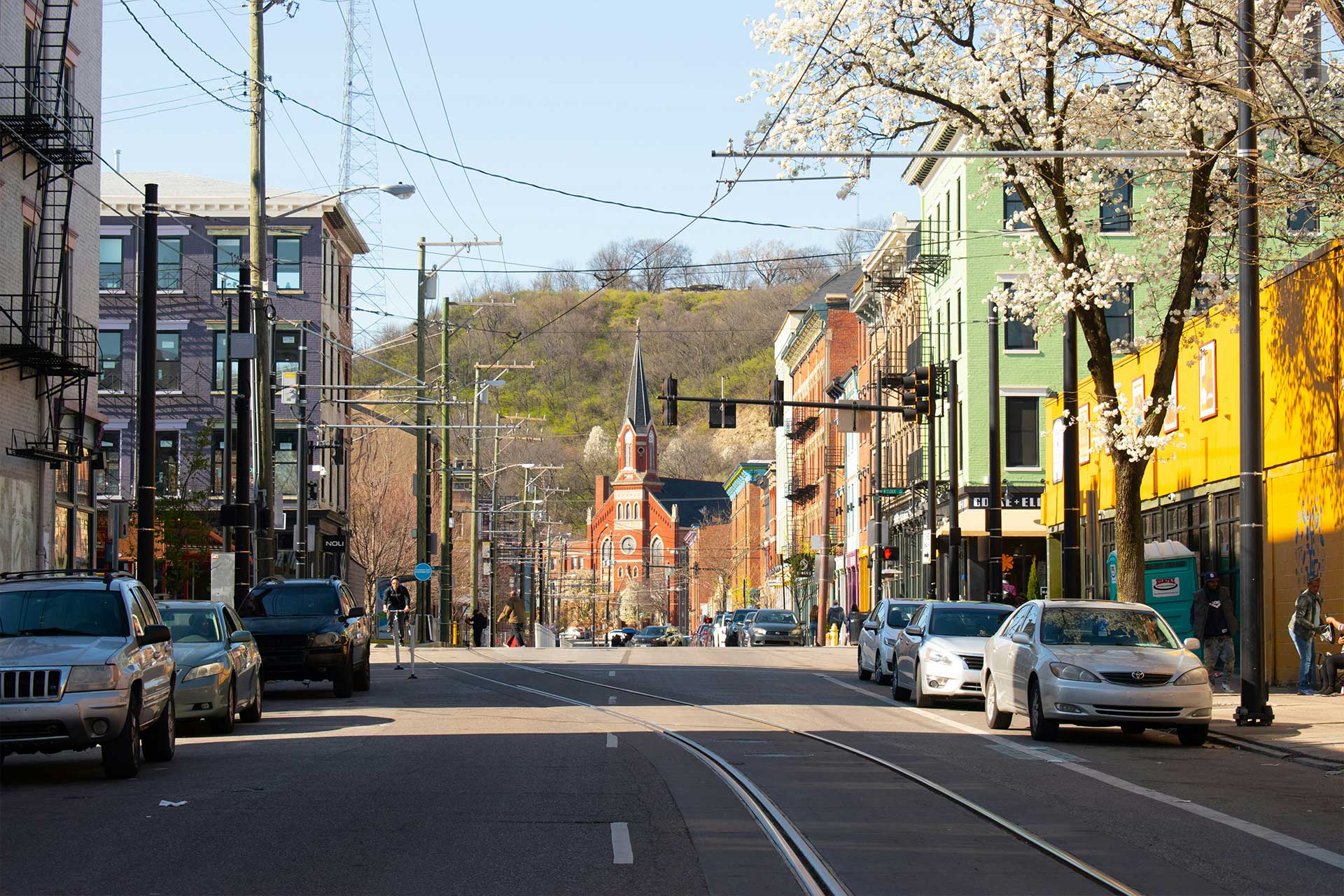Share This Article
Cincinnati’s political landscape is in a state of flux, reflecting both the challenges of urban governance and the aspirations of a city looking to redefine its future. As the Queen City grows and changes, so too does its political environment, marked by new faces, ongoing debates, and a push for reform.
A Shift in Leadership
The 2024 local elections are shaping up to be pivotal for Cincinnati, with several key races capturing the attention of residents and political observers alike. The race for Hamilton County Commissioner is particularly noteworthy, with incumbent Denise Driehaus facing a strong challenge from Adam Paul Koehler, a newcomer with a vision for change.
Koehler, a businessman and entrepreneur, has positioned himself as a reform candidate, advocating for greater transparency, fiscal responsibility, and a focus on taxpayer relief. His campaign has gained momentum by tapping into a growing sentiment of frustration with the status quo. Driehaus, on the other hand, is running on her record of public service and her ability to navigate the complexities of county governance. The outcome of this race could signal a broader shift in Cincinnati’s political dynamics, especially if Koehler’s message resonates with voters seeking change.
The Property Tax Debate
One of the most contentious issues currently dominating Cincinnati politics is the debate over property taxes. In a city where the cost of living is steadily rising, many residents are feeling the pinch, particularly when it comes to their property tax bills. The issue has sparked a wave of activism, with groups on both sides of the debate making their voices heard.
At the heart of the matter is a proposed ballot measure that seeks to provide property tax relief to homeowners. Proponents of the measure argue that it’s time for local government to ease the burden on taxpayers, particularly as the city’s economy continues to evolve. They point to the significant revenue generated by property taxes and question whether all of it is being used efficiently.
Opponents, however, caution that reducing property taxes could have unintended consequences, particularly for city services and infrastructure projects. They argue that the city needs these funds to maintain essential services and invest in long-term growth. The debate has become a flashpoint in local politics, with candidates and elected officials forced to take a stance on an issue that directly affects the livelihoods of Cincinnatians.
Economic Development and Gentrification
Cincinnati’s ongoing economic development efforts have also sparked significant debate, particularly around the issue of gentrification. As new businesses and developments come to the city, some neighborhoods have seen a rapid increase in property values, leading to concerns about displacement and the loss of affordable housing.
The city’s leadership has had to balance the need for economic growth with the preservation of community character. Mayor Aftab Pureval, who has made economic development a cornerstone of his administration, has faced criticism from some quarters for not doing enough to protect vulnerable residents from the effects of gentrification. On the other hand, supporters argue that the mayor’s policies are necessary to keep Cincinnati competitive and attract new investments.
The tension between development and displacement is likely to remain a key issue in Cincinnati politics, as residents and leaders grapple with how to manage growth in a way that benefits everyone. The challenge is finding a path forward that encourages economic vitality without sacrificing the diversity and inclusivity that make Cincinnati unique.
The Future of Public Transit
Another issue on the minds of many Cincinnatians is the future of public transit in the city. The ongoing debate over the sale of the Cincinnati Southern Railway has highlighted the complexities of funding and maintaining a transit system that meets the needs of a growing urban population.
While some see the sale as a necessary step to generate funds for infrastructure improvements, others view it as a short-sighted move that could undermine the city’s long-term transit goals. The controversy has brought to the fore questions about how Cincinnati should invest in its transportation future, particularly as the city seeks to reduce congestion and promote sustainability.
Public transit is likely to be a significant topic in the upcoming elections, with candidates and voters alike weighing in on how best to navigate the city’s transportation challenges. The outcome of these debates will have a lasting impact on Cincinnati’s ability to grow and thrive in the coming years.
Civic Engagement and the Road Ahead
As Cincinnati politics continue to evolve, one thing is clear: civic engagement is on the rise. From grassroots activism to increased voter turnout, residents are more involved in local politics than ever before. This heightened level of engagement reflects a broader desire for change and a recognition that the decisions made today will shape the city’s future.
Whether it’s the push for property tax relief, the fight over public transit, or the debate about economic development, Cincinnati is at a crossroads. The choices made by voters and leaders in the coming months will set the course for the city’s future, determining whether it can strike a balance between growth and inclusivity, progress and preservation.
In the end, the state of Cincinnati politics is a reflection of a city in transition—one that is grappling with its past while looking forward to what lies ahead. As residents continue to engage in the political process, the future of the Queen City will be shaped not just by those in power, but by the collective will of its people.





2 Comments
Peter Parker
It might be difficult to start all over especially after a personal drama
Henry Sanders
True, but we can find help among people who have dealt with these issues